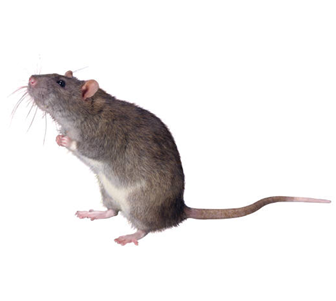Ready-to-eat meat products low in carcinogens: Study
Published in Meat Science, the study investigated the amount of heterocyclic amines (HCAs) in a number of commonly consumed RTE meat products. Found in meat that is fried, grilled or cooked at high temperatures, HCAs are carcinogenic compounds which have been found to increase the risk of stomach, colon and breast cancer when consumed in large amounts.
From the eight RTE meat products selected by the research team at Kansas State University, pepperoni had the least HCA content (0.05 ng/g), followed by hot dogs and deli meat products (0.5 ng/g). However, fully cooked bacon (1.1 ng/g) and rotisserie chicken meat (1.9 ng/g) contained all five types of HCAs tested. Significantly higher levels of HCA were recorded for rotisserie chicken skin at 16.3 ng/g.
“These results can be used along with dietary assessments to estimate HCA exposure due to consumption of RTE meat products,” concluded the research team.
Lower HCAs
The lower HCA content in some of the samples may be “because of the higher water content in the ready-to-eat products. More moisture prevents many HCAs from forming.”
J Scott Smith, professor of food chemistry Kansas State University explained further; ““Hot dogs and deli meat may have low HCA levels because they are manufactured at low temperatures.” He continued; “The low HCA levels may also be from ingredients that are added to the meat and prevent HCAs from forming while the meat is cooking.”
Overall the amounts of HCAs in RTE products in this study compare favourable to the findings of studies into cooked meat products which reported concentrations of up to 35 ng/g in cooked beef and 330 ng/g in cooked poultry. These findings build on a previous study, carried out by Smith, which found that adding certain spices and marinades before cooking can reduce HCA content in cooked meat.
Study details
The study focused on eight types of RTE meat products; beef hot dogs, beef-pork-turkey hot dogs, deli roast beef, deli ham, deli turkey, fully cooked bacon, pepperoni and rotisserie chicken.
Each product was prepared as a consumer; hot dogs and bacon heated in a microwave, pepperoni on a pizza either oven cooked or microwaved, the chicken and deli meats used as purchased from a local store.
The meat was then analysed to determine whether it contained five different types of HCAs according to nanograms per gram (ng/g).
Source: Meat Science 88 (2011) 227-233
Title: Heterocyclic amine content in commercial ready-to-eat meat products
Authors: Kanithaporn Puangsombat, Priyadarshini Gadgil, Terry A Houser, Melvin C Hunt, J Scott Smith.













